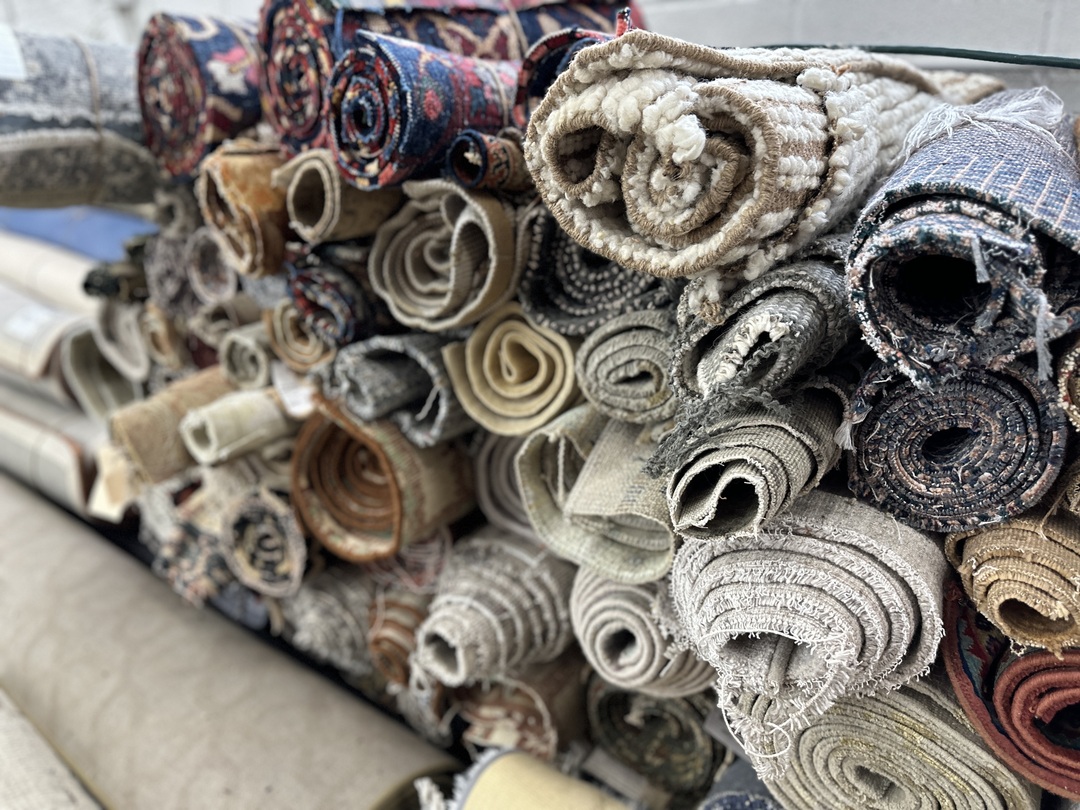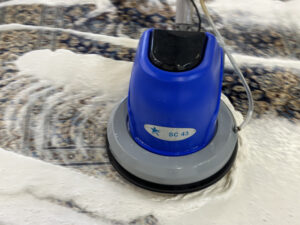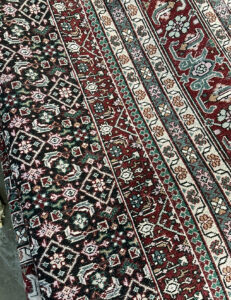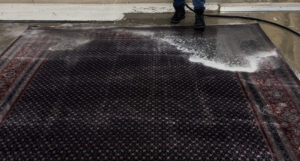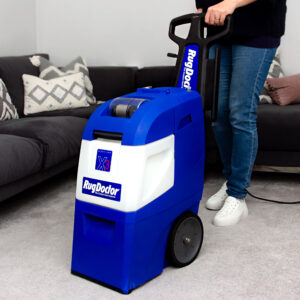Rugs are more than just floor coverings. They carry centuries of artistry, cultural heritage, and practical functionality. Whether you’re buying your first area rug, restoring a family heirloom, or simply curious about how rugs are made, this Rug 101 guide covers everything you need to know.
A Brief History of Rugs
- Origins in Ancient Civilizations – From nomadic tribes of Central Asia to the courts of Persia, rugs have symbolized both necessity and luxury.
- Cultural Significance – In Persian, Turkish, and Oriental traditions, rugs are considered works of art, often passed down as heirlooms.
- Modern Evolution – Today’s rugs range from hand-knotted antiques to machine-made washable rugs, adapting to every lifestyle.
Types of Rugs
Handmade Rugs
- Persian Rugs – Known for intricate patterns and natural dyes.
- Oriental Rugs – A broader category including Turkish, Afghan, Indian, and Chinese weavings.
- Tribal & Nomadic Rugs – Unique, symbolic designs woven by hand on portable looms.
Machine-Made Rugs
- Power-loomed with synthetic or blended fibers.
- Affordable, durable, and easy to mass-produce.
Specialty Rugs
- Washable Rugs – Popular for families and pet owners.
- Outdoor Rugs – Weather-resistant, designed for patios and decks.
- Luxury Designer Rugs – Custom sizing and hand-crafted exclusives.
Rug Materials and What They Mean
- Wool: Durable, resilient, naturally stain-resistant.
- Silk: Luxurious sheen, delicate, often used in highlights.
- Cotton: Affordable, versatile, often in flatweaves.
- Synthetic (Polypropylene, Nylon, Polyester): Budget-friendly, machine-made.
- Jute & Sisal: Natural, earthy, eco-friendly, but sensitive to moisture.
Rug Sizes & Placement
- Living Room: Anchor furniture, usually 8×10 or larger.
- Dining Room: At least 24″ beyond table edges for chairs.
- Bedroom: Rugs should extend under the bed with room to step on each side.
- Hallways & Entryways: Runners for high-traffic zones.
Rug Care & Maintenance Basics
- Vacuuming: Once a week with care to avoid damaging fringe.
- Spot Cleaning: Blot, never rub. Use pH-neutral cleaners.
- Professional Rug Cleaning: Every 12–18 months for wool, silk, and high-value rugs.
- Rotation: Rotate rugs 180° every year to even out wear.
Common Rug Problems & Solutions
- Fraying Edges: Requires binding or serging repair.
- Moth Damage: Often starts unseen; immediate professional intervention is required.
- Color Fading: Caused by sun exposure; use UV window protection.
- Pet Stains & Odor: Professional deep washing with enzyme treatment.
How to Choose the Right Rug
- Lifestyle Fit: Kids & pets? Washable or durable wool may suit you.
- Interior Design Goals: A rug can tie a room together, define space, or act as a statement piece.
- Budget Considerations: Invest in handmade if heirloom quality is desired, or machine-made for flexibility.
Rug Myths vs Facts
- Myth: Vacuuming ruins rugs.
Fact: Proper vacuuming protects fibers and prevents dirt buildup. - Myth: DIY cleaning with soap and water is safe.
Fact: This often causes fiber damage and color bleeding. - Myth: Machine-made rugs last as long as hand-knotted.
Fact: Hand-knotted rugs can last generations with care; machine-made rugs rarely exceed 10–15 years.
When to Call a Professional Rug Expert
- Antique or heirloom rugs.
- Visible stains that won’t lift.
- Odors or moth activity.
- Tears, frayed edges, or unraveling knots.
- Resizing, restoration, or custom requests.
Why Choose Ahmadi Rug
At Ahmadi Rug, we combine museum-grade rug care with family tradition. From cleaning and repair to restoration and resizing, we help Chicago & North Shore families protect and enjoy their rugs for generations.
📞 Call us today for a free consultation and discover why we are trusted with the finest Persian, Oriental, and designer rugs.
FAQs About Rugs
- Q: How often should rugs be cleaned?
A: Every 12–18 months, depending on traffic. - Q: Can moth-damaged rugs be restored?
A: Yes — but early detection is crucial. - Q: Are washable rugs worth it?
A: For high-traffic households with kids or pets, they can be very practical.
